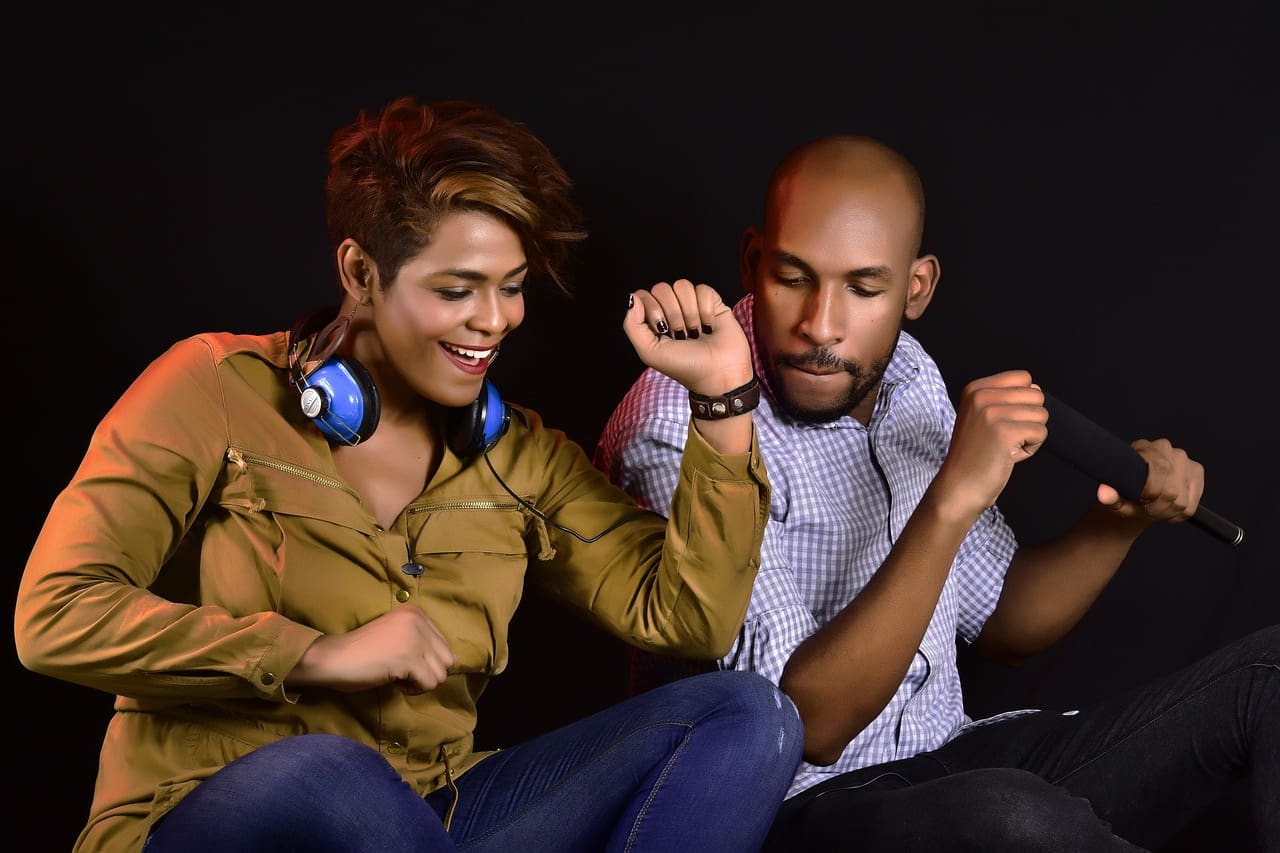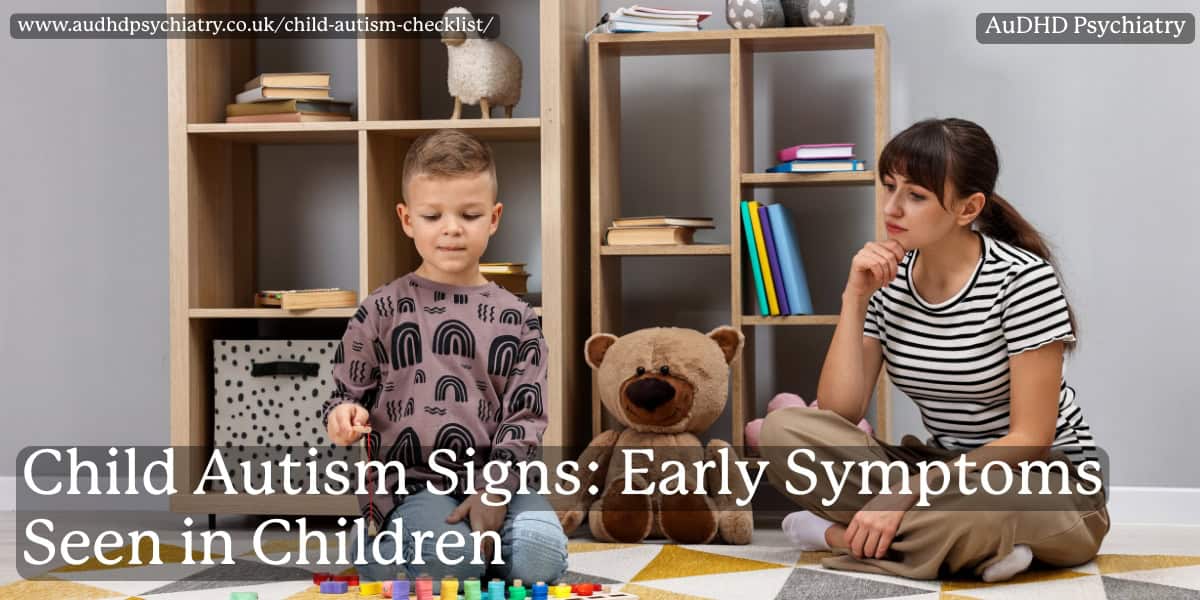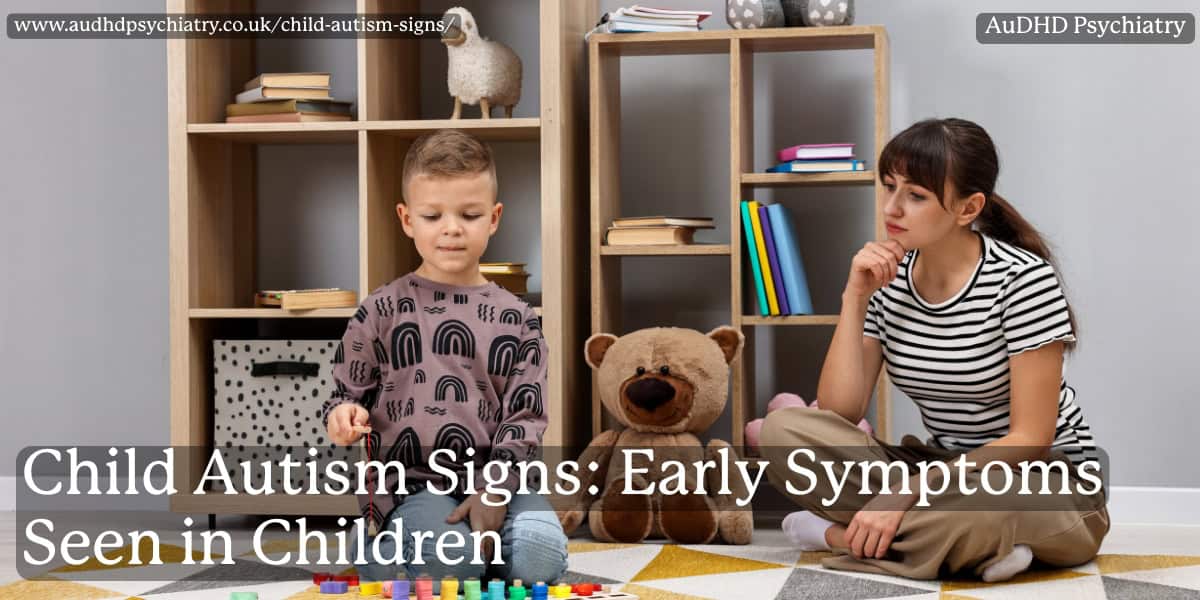
When it comes to managing ADHD, we often think about traditional exercise routines: the gym, running, or biking. However, incorporating enjoyable, unconventional forms of movement into our lives can have a profound impact on focus, mood, and overall well-being. Let’s explore how activities like dance, martial arts, and outdoor adventures can serve as powerful tools for managing ADHD symptoms.
Why Movement Matters for ADHD
Research has shown that physical activity is crucial for people with ADHD. Exercise boosts the release of neurotransmitters such as dopamine and norepinephrine, which play significant roles in attention and focus. A recent study published in the Journal of Behavioral Medicine found that regular physical activity improved attention and executive functioning in children and adults with ADHD, underscoring the importance of movement in daily life – catch: the activity needs to be enjoyable to be sustainable. When people engage in activities they love, they are more likely to stick with them long-term. This is where unconventional forms of exercise come into play.
Dance: A Joyful Movement
Dance has been shown to be particularly beneficial for those with ADHD. A study conducted by researchers at the University of Illinois revealed that dance not only enhanced physical fitness but also significantly improved cognitive functioning and emotional regulation in people with ADHD . The rhythm, coordination, and social interaction involved in dance can provide a unique outlet for expression and creativity, making it a fun and engaging way to stay active.
Whether it’s salsa, hip-hop, or even just dancing around your living room, embracing the joy of movement through dance can offer a holistic approach to managing ADHD.
Martial Arts: Focus and Discipline
Martial arts are another excellent option for individuals looking to channel their energy productively. Disciplines like karate, judo, or taekwondo emphasize focus, respect, and self-discipline—all of which can benefit someone managing ADHD. According to a study published in Psychology of Sport and Exercise, participants who practiced martial arts showed improved attention spans and reduced impulsivity .
Moreover, martial arts ncourages mindfulness and mental clarity, which can help us develop coping strategies for managing impulsivity. The structured environment and clear goals of martial arts can also provide a sense of accomplishment and boost self-esteem.
Outdoor Adventures: Connecting with Nature
Spending time outdoors can also work wonders for ADHD. Activities like hiking, rock climbing, or even gardening promote physical movement while offering a connection to nature. A study in Environmental Health Perspectives found that spending time in natural environments significantly reduced stress and improved mood.
Engaging in outdoor adventures can also add to our social engagements and fulfillment. Joining a hiking group or participating in community events can foster a sense of belonging and support, which is essential for overall well-being.
Finding What Works for You
Ultimately, the key to managing ADHD through exercise lies in finding activities that resonate with you. Consider exploring various options until something clicks. You might discover that you love the rhythm of a dance class, the discipline of martial arts, or the tranquility of a nature walk.
Remember, it’s all about enjoying the movement, as that joy will keep you coming back for more. By incorporating fun and unconventional forms of exercise into your routine, you can create a sustainable practice that not only benefits your physical health but also enhances your mental clarity and emotional resilience.
Final Thoughts
Movement is a powerful ally in managing ADHD, and it doesn’t have to fit a traditional mold. Whether it’s dancing, practicing martial arts, or exploring the great outdoors, the key is to find joy in the activity.
If you’re looking for more personalized strategies to manage ADHD, consider reaching out to a coach or therapist who understands the unique needs of individuals with ADHD. Together, you can create a plan that embraces movement in a way that feels authentic and enjoyable for you.
To take the next step toward clarity and tailored strategies, an AuDHD Assessment can help identify your unique strengths and challenges, ensuring the right support for your journey.
To understand how an ADHD diagnosis can unlock strategies like these and improve your life, read our guide on The Benefits of ADHD Diagnosis.
References:
Barlow, M., & Roper, S. (2023). “Physical Activity and ADHD: A Review of the Literature.” Journal of Behavioral Medicine.
Dyer, J. (2022). “The Impact of Exercise on Attention and Executive Functioning.” Journal of Applied Psychology.
Tang, K. (2023). “Dancing Towards Health: The Effects of Dance on Cognitive Functioning in ADHD.” International Journal of Behavioral Medicine.
Kim, H. J. (2022). “Martial Arts Training as an Intervention for Attention and Impulsivity.” Psychology of Sport and Exercise.
Kuo, M., & Sullivan, W. C. (2022). “Environmental Influences on Mental Health: Nature’s Role.” Environmental Health Perspectives.
Embrace the joy of movement, and see how it can transform your experience with ADHD!
You Might Also Like
Contact Us
We’re here to answer any questions you might have.
Get in Touch
Opening Hours
Contact Form
We’re here to help. Reach out and we’ll get back to you within 24 hours (Monday – Friday).




Leave a Reply